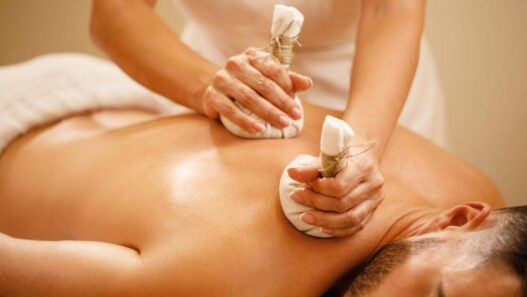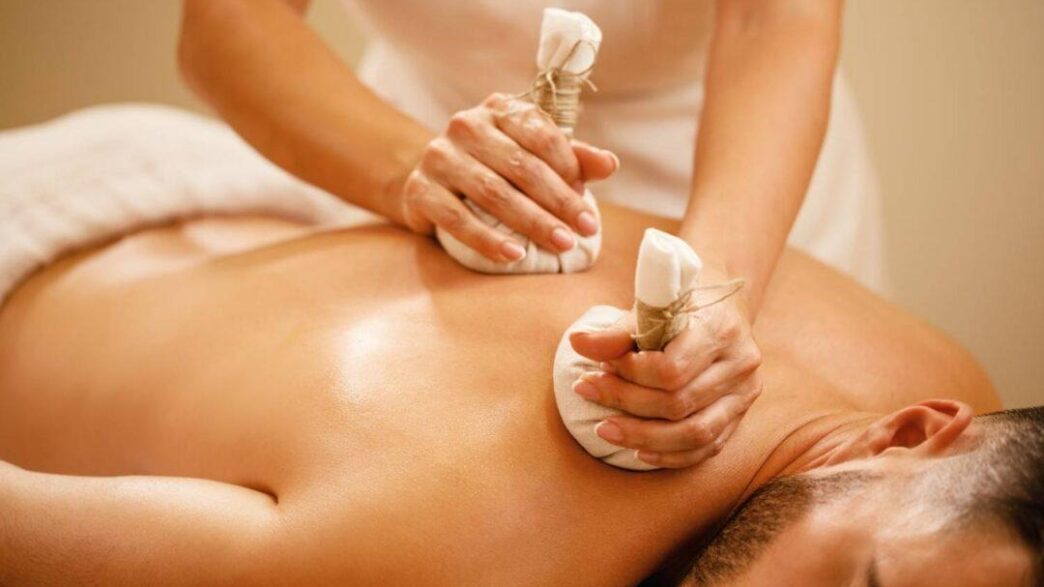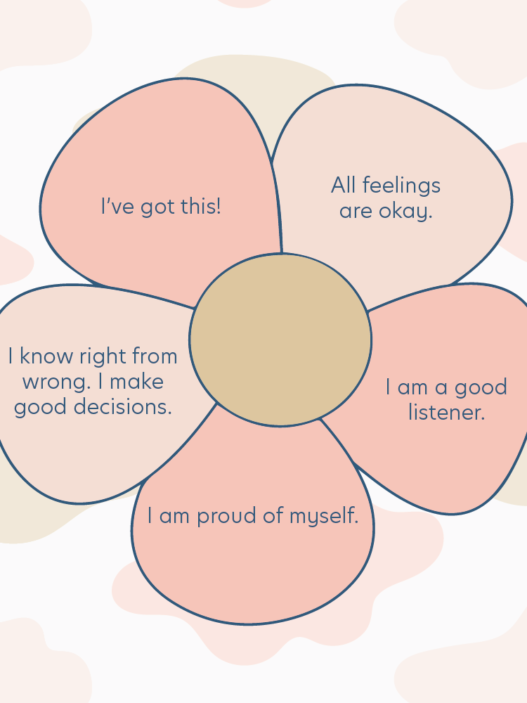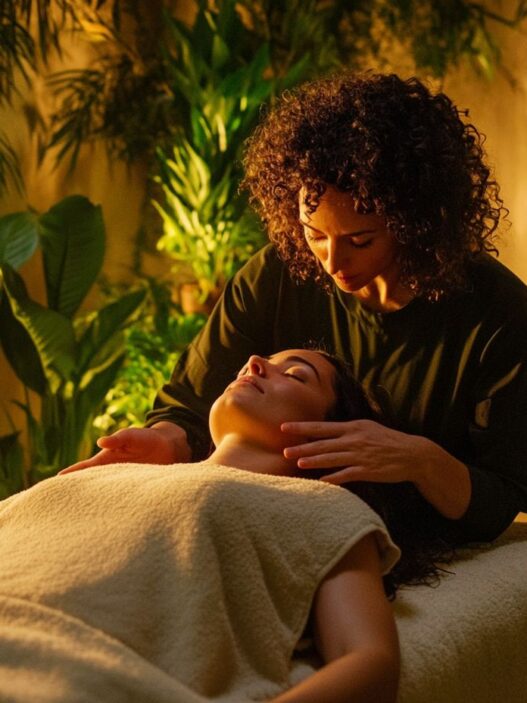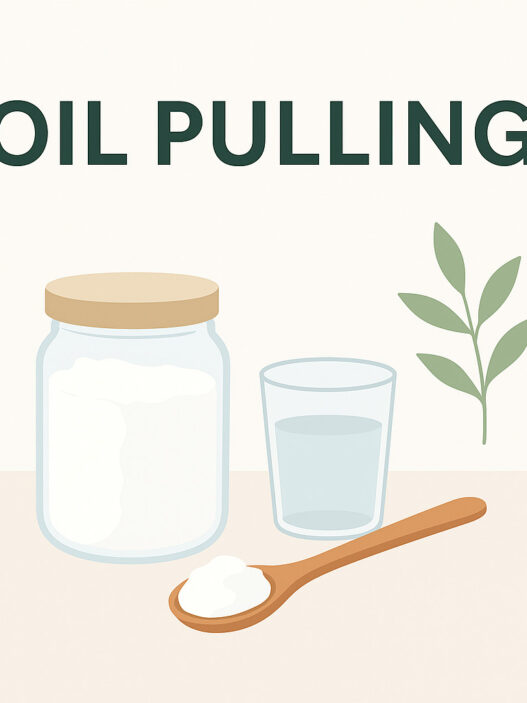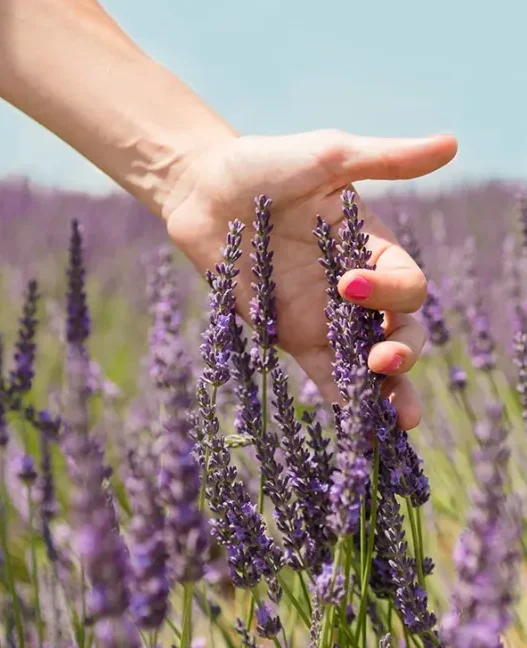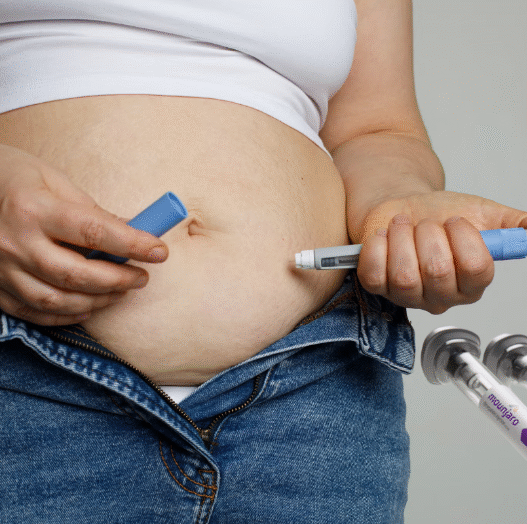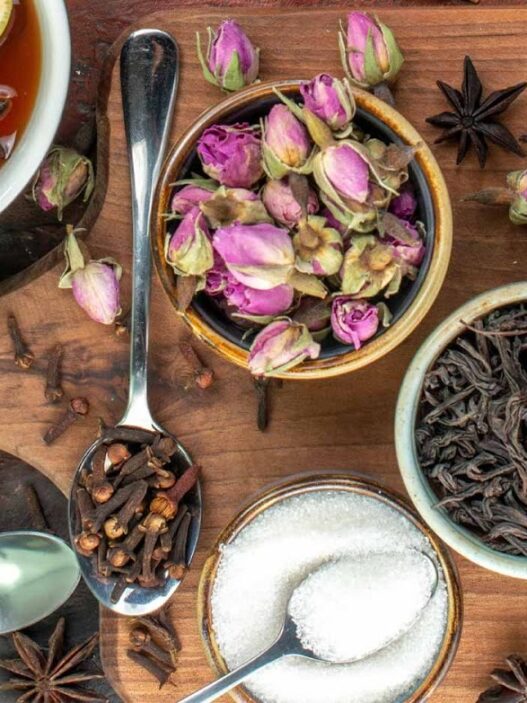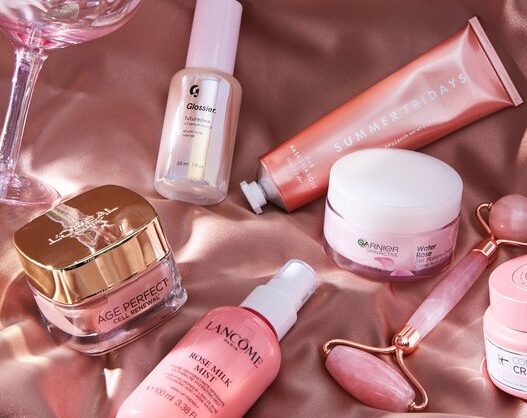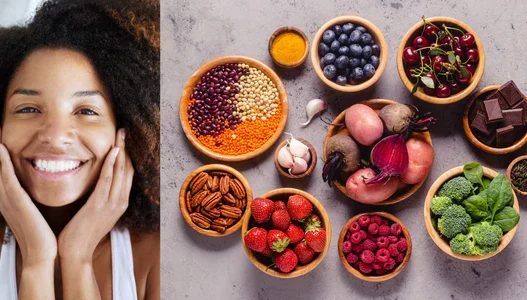In our modern, high stress society, the search of the overall well-being is driving us to the ancient ways.
The best and most widely available of these traditions is Abhyanga (ab-yan-ga), or self-massage which is a pillar of the 5000-year-old Indian system of Indian healing, Ayurveda.
Abhyanga massage is not simply a luxury indulgence, it is a great ritual of self-care, a daily practice of body care and mind care that will yield far greater benefits than mere relaxation.
Abhyanga is translated as oil anointing in Sanskrit. It is the ritual of massaging dosha specific, warm oil over the whole body prior to bathing.
This is not just a cosmetic regime in Ayurveda, it is a treatment strategy that is aimed at caring about the biggest organ of the body, the skin and through them, the rest of the systems.
The Philosophy Of the Practice.
Ayurveda educates that we are not disconnected with the environment. These five spaces, air, fire, water, and earth are represented in us as three biological energies or foods, the doshas; Vata (air and space), Pitta (fire and water), and Kapha (water and earth).
These doshas may become out of order due to pressures of life, food and seasons, resulting in uneasiness and sickness.
One of the main instruments of restoring this balance is abhyanga. Vata dosha is particularly contentious to the practice and is what is described as light, dry, cold, and mobile, or in other words, anxious, insomnia, and dry skin.
The unctuous, warm, heavy character of the oil offers precisely the reverse, and calms the nervous system and gives it a deep, physical sense of stability and warmth.
A Sacrament of Bread, Not Rubbing.
Abhyanga is a magic that is implemented mindfully and purposely. It is not a rush, but a meditative process.
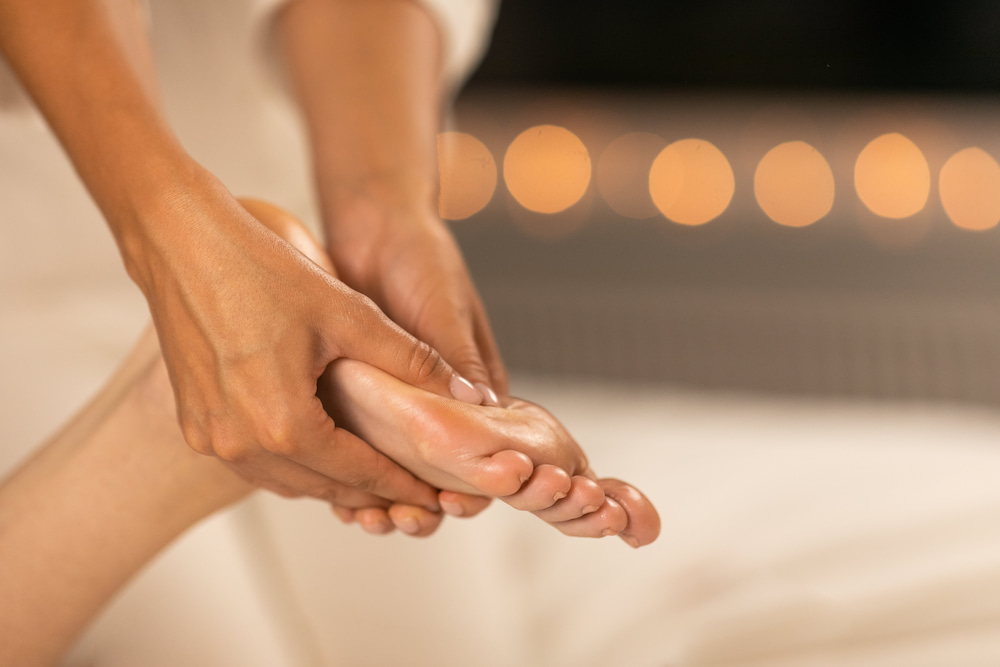
1. Choose Your Oil: The first one is the choice of an oil appropriate to your dosha. Vata types are traditionally great with sesame oil (warming and grounding). Pitta should be used with coconut or sunflower oil (cooling).
Kaphas are lucky to use light stimulating oils such as almond or mustard oil. In the case of a general practice, it is a great choice to use organic cold-pressed sesame or almond oil.
2. Warm the Oil: Warm the oil by putting the bottle into a bowl of hot water. It must also be warm but not hot to touch. Test it on your inner wrist.
3. The Application: Seek out a warm, comfortable, and draftless location. Stand on an old towel or mat. Apply the oil of the extremities, inward, towards the heart, with open palms.
This is in the line of blood flow and helps in lymphatic drainage. Start with your head, and massage it in circles. Rub to your face (not to the eyes or nostrils), ears and the back of the neck.
Stroke your arms and legs in long curves, the length of the bones, and in circles around the joints. Watch the soles of your feet, these are full of nerve endings.
4. Soak and Absorb: After complete anointing, leave the oil to soak into your skin in 15- 20minutes. It is an ideal moment to sit back, meditate or just breathe deeply. The warmth helps the oil to get deep into the tissues and nourish it at cellular level.
5. The Bath: Once soaked enter a hot bath or shower. Rinse the excessive oil with a mild soap. Your skin will be left incredibly soft and there will be no need to apply other moisturizers. The water serves to ensure that the pores are not clogged and leave therapeutic value of the oil intact.
The Time-Tested and Science-Proven Advantages.
The benefits of a regular practice of Abhyanga massage are immediate and cumulative:
Nourishing the Skin: It helps the skin avoid drying out, enhances skin tone and skin condition and slows the aging process as much as possible by making the skin more flexible.
Relaxes the Nervous System: The rhythmical movements have a strong calming effect, lowering the cortisol levels and curing the stress and anxiousness. It is an effective remedy of insomnia.
Strengthens the Body: Ayurvedic books allege that it builds strength on the musculoskeletal system, stamina and physical performance.
Strengthens Immunity: The massage activates the lymphatic system, which is the major waste-removal system in the body, to wash out toxins and strengthen the immune system.
Stimulates Blood Circulation: The light force and flow of the strokes promotes healthy circulation of blood within the body.
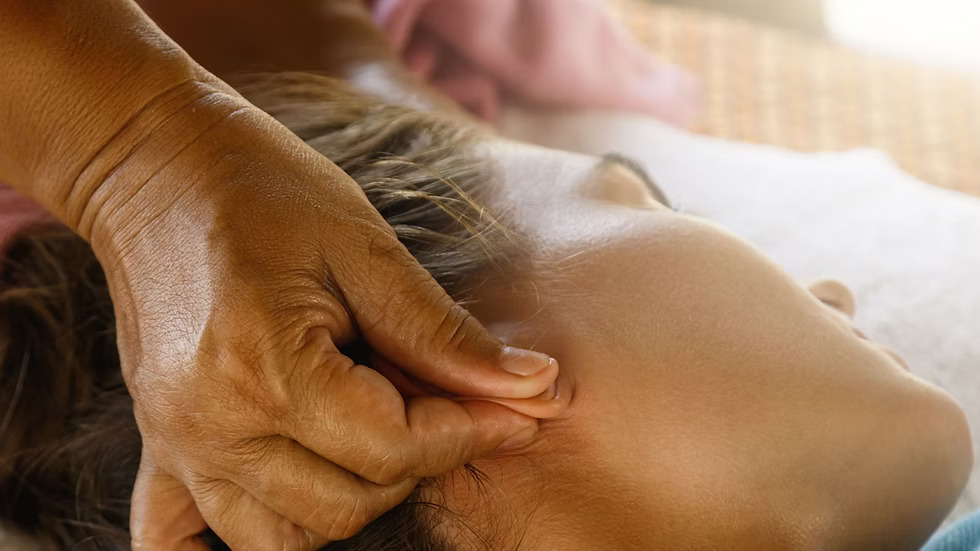
Conclusion
Abhyanga massage, in short is the art of showing caring to your body. It is a day in, day out pronouncement that you are worth the time and attention.
Within the span of 20 minutes this time-old ritual provides a place of tranquility, a buffer against the stress of the day, and an all-encompassing, nurturing hug that makes us recognize that our true wellness is first in how we treat ourselves.
It is not a waste, it is an investment in your greatest resource; your health.






